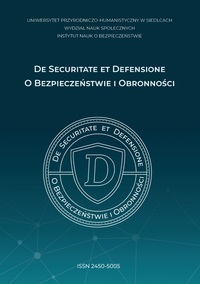FATF – key global AML architect. From fringe institution to key body of governance
DOI:
https://doi.org/10.34739/dsd.2024.02.04Keywords:
Financial Action Task Force, FATF Recommendations, anti-money laundering, experimental governance, autonomy, advocat, AMLAAbstract
The purpose of the article is to question the added value of the Financial Action Task Force (further – FATF) experimental governance strategy in the development of anti-money laundering (further – AML) policies by providing insight into the regulatory mechanism of AML on European Union level (further – EU) from the angle of the advocates’ sector. The article gives insight on the notion of “experimental governance” from the perspective where traditional forms of authority that exist in the national legislation, are being destabilised and new ones are created, providing accountability mechanisms for it. For the purpose of the analysis of the said notion, the author will make a reference to FATF recommendations binding for legal professionals as by attributing advocates the AML “gatekeeper” role, these legal professionals are undirectly considered as facilitators of money laundering by the global institutional regulatory regime. The following main conclusions could be drawn: 1.Good governance is not always the same as democratic governance. This should be attributed to the incentives of the AML legislative package to establish European supervisory body (further – AMLA), granting it powers to issue decisions that are legally binding also to legal professionals – advocates, thus narrowing the boundaries of advocate’s immunity concept as it restricts the vital component – independence of advocats – the core element of the legal profession itself, which can not be altered without negative consequences on the rule of law. 2. The legal concerns exist that the chosen regulatory strategy by setting AML framework goals at supranational level puts the rule of law at risk. The content and rationale of the AML legislative package need to be in line with the principles of conferral, proportionality, and subsidiarity with respect to the limits of the powers of EU, as set out in Article 5 of the Treaty on European Union, thus ensuring the sound governance of Union competences within the limits of the competences conferred upon it by the Member states in the Treaties.




